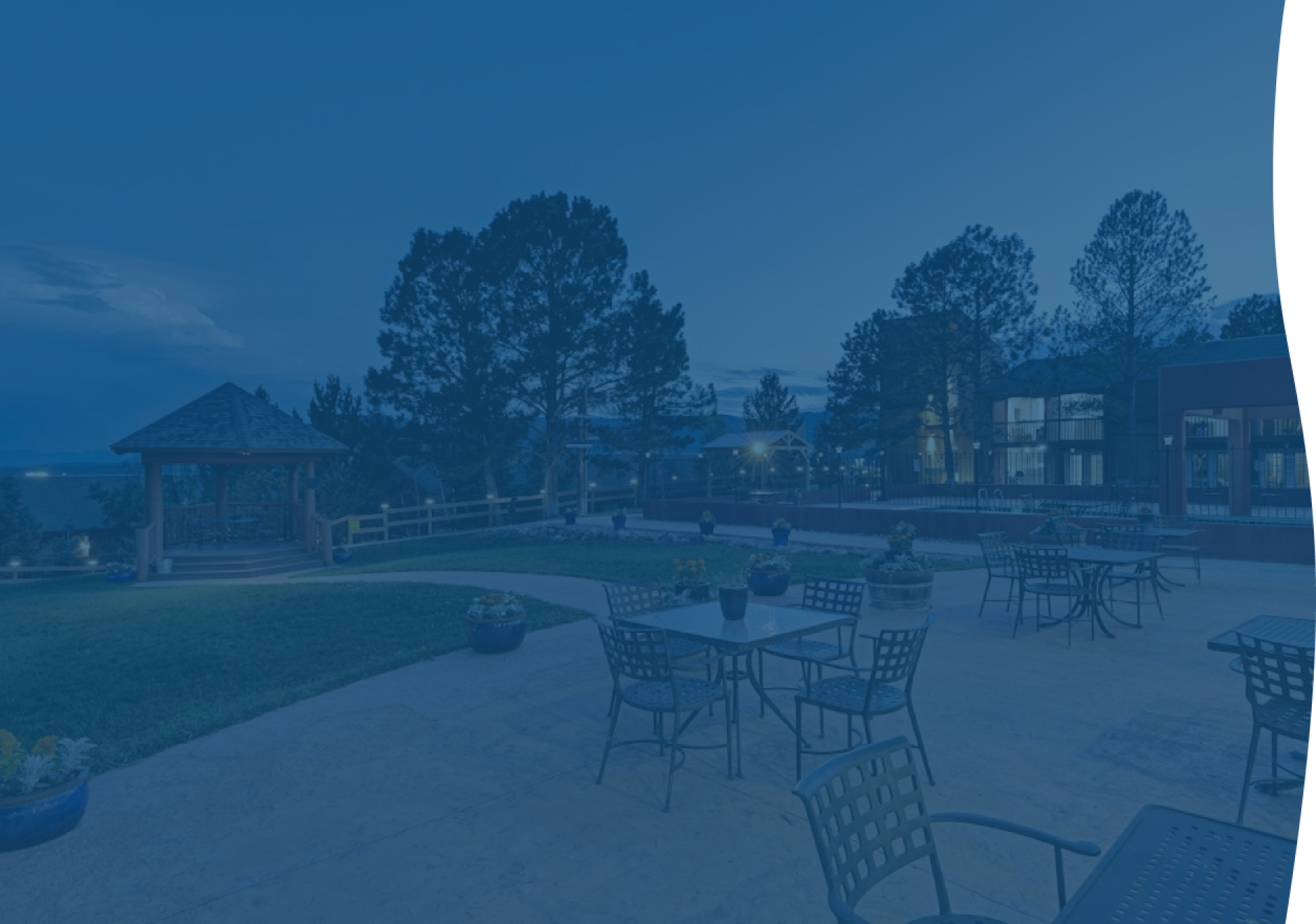Lakewood, Colorado, is Jefferson County’s most populous city. It’s just west of Denver and a key part of the metro area.
It’s also no stranger to mental health and substance use disorder woes.
A community needs assessment determined that 8.3% of Jefferson County residents needed—but did not receive—mental health care. Also, more than 6,500 county residents visited the ER for alcohol poisoning in 2015. Opioid poisonings sent 68 residents to the ER, and 80 people needed treatment for heroin poisonings that same year.
Both the need for mental health care as well as substance use disorder are cause for concern.
Mental Illness and Drug Abuse in Lakewood, CO
When a person has both some type of mental illness and a substance use disorder (SUD), that’s called a dual diagnosis or co-occurring disorder.
Mental health and substance use issues often go in hand. It’s estimated that 9.5 million U.S. adults experienced both in 2019.
Researchers estimate that about half of all people who have a SUD will also develop a co-occurring mental disorder. The reverse is true, too.
Co-occurring disorders in Lakewood, CO, can include:
- Anxiety disorders
- Depression
- Attention-deficit hyperactivity disorder (ADHD)
- Bipolar disorder
- Schizophrenia
- Borderline personality disorder
Even though these disorders may occur side by side, that doesn’t mean one led to the other. Researchers think there are three possible reasons mental disorders and SUDs coincide:
- Common risk factors can fuel either condition. Those include genetics or environmental factors like trauma.
- Substance use disorder and SUDs can fuel the development of mental disorders by sparking changes in the brain that make it easier to develop a mental disorder.
- Mental disorders can contribute to substance use and SUDs. A person with trauma or anxiety, for example, might self-medicate with drugs or alcohol. The differences their mental condition makes in the brain may make them especially vulnerable to the effects of substances. Frequent use can lead to addiction.
A community health assessment found that in 2019, 15.8% of Jefferson County residents ages five and up who needed mental health care did not receive it. Nearly one in four (22.9%) of that group were younger than 40.
Dual diagnosis treatment in Lakewood, CO, would be able to address both disorders.

Mental Health and Addiction Treatment in Lakewood, CO
A dual diagnosis treatment center in Lakewood, CO, would address both conditions. That’s essential for it to be effective. A person would have to stop using drugs or alcohol, and their mental disorder would have to be treated.
That can be done a few ways, but it usually involves behavioral therapies, medications, and support groups.
Types of behavioral therapies that mental health and substance use disorder treatment centers in Lakewood, CO, may offer include:
- Cognitive-behavioral therapy (CBT). A form of talk therapy that helps people through challenging situations. Irrational or negative thinking patterns and self-destructive behaviors are addressed. Over time the patient will replace them with healthier alternatives.
- Dialectical behavior therapy (DBT). DBT encourages mindfulness and accepting one’s current situation and emotions. Patients learn to help manage intense emotions and put a stop to self-destructive tendencies like suicidal thinking, self-harm, and drug use.
A dual diagnosis program in Lakewood, CO, may also treat patients with medications. These can help with opioid, alcohol, and other types of substance use disorders. They can also be a vital tool in managing a person’s mental disorder. Some medications may be able to address both conditions.
Dual Diagnosis Rehab in Lakewood, CO
If a person neglects their mental disorder or perhaps self-medicates to manage it or develops anxiety or some other condition as a result of substance use, they may become addicted. Treating both conditions is vital. Residential dual diagnosis treatment centers in Lakewood, CO, can address both diagnoses.
Also referred to as inpatient treatment, residential care is when the patient stays at the center around the clock. A stay might last 30, 60, 90, or more days, depending on the need and what insurance might allow.
When a patient checks into an inpatient dual diagnosis treatment center in Lakewood, CO, or surrounding areas, they can expect:
- Assessment. The patient gets screened to diagnose any pressing medical concerns and confirm their mental disorder(s). That information is used to create a treatment plan.
- Detox. It’s necessary to get clean of drugs or alcohol before recovery can truly begin. Some people may have a severe dependence and require medically assisted care to ensure the detoxing happens safely and comfortably. Once free of drugs, treatment can begin.
- Treatment. This involves behavioral therapies to get to the bottom of why a person uses drugs, and the patient also gets help to develop healthier alternatives to cope with stress or deal with triggers. A longer treatment time (usually three months) tends to be more effective. Support groups and treating the mental disorder are also part of the program.
- Aftercare. The patient is readied for life after rehab, with contact information for therapists closer to home as well as support groups. There may also be scheduled contacts with the rehab center. The goal is to help the patient avoid relapse.
Benefits of Dual Diagnosis Treatment Programs in Lakewood, CO
A patient might also receive outpatient care, where they come in for treatment regularly (weekly, or even a few times a week), but inpatient care has some benefits, including:
- There are fewer outside temptations and triggers (people, places, situations)
- It offers structure so the patient can focus on getting well
- The patient can learn free of outside distractions
- On-site medical staff can assist in case of emergency
Dual diagnosis treatment in Lakewood, CO, can help a person heal from both substance use disorders and mental disorders. After 30, 60, or more days of care, they’ll be in better health and be more equipped to handle triggers. It won’t be easy, but it can be life-saving.
Sources
Medical disclaimer:
Sunshine Behavioral Health strives to help people who are facing substance abuse, addiction, mental health disorders, or a combination of these conditions. It does this by providing compassionate care and evidence-based content that addresses health, treatment, and recovery.
Licensed medical professionals review material we publish on our site. The material is not a substitute for qualified medical diagnoses, treatment, or advice. It should not be used to replace the suggestions of your personal physician or other health care professionals.







